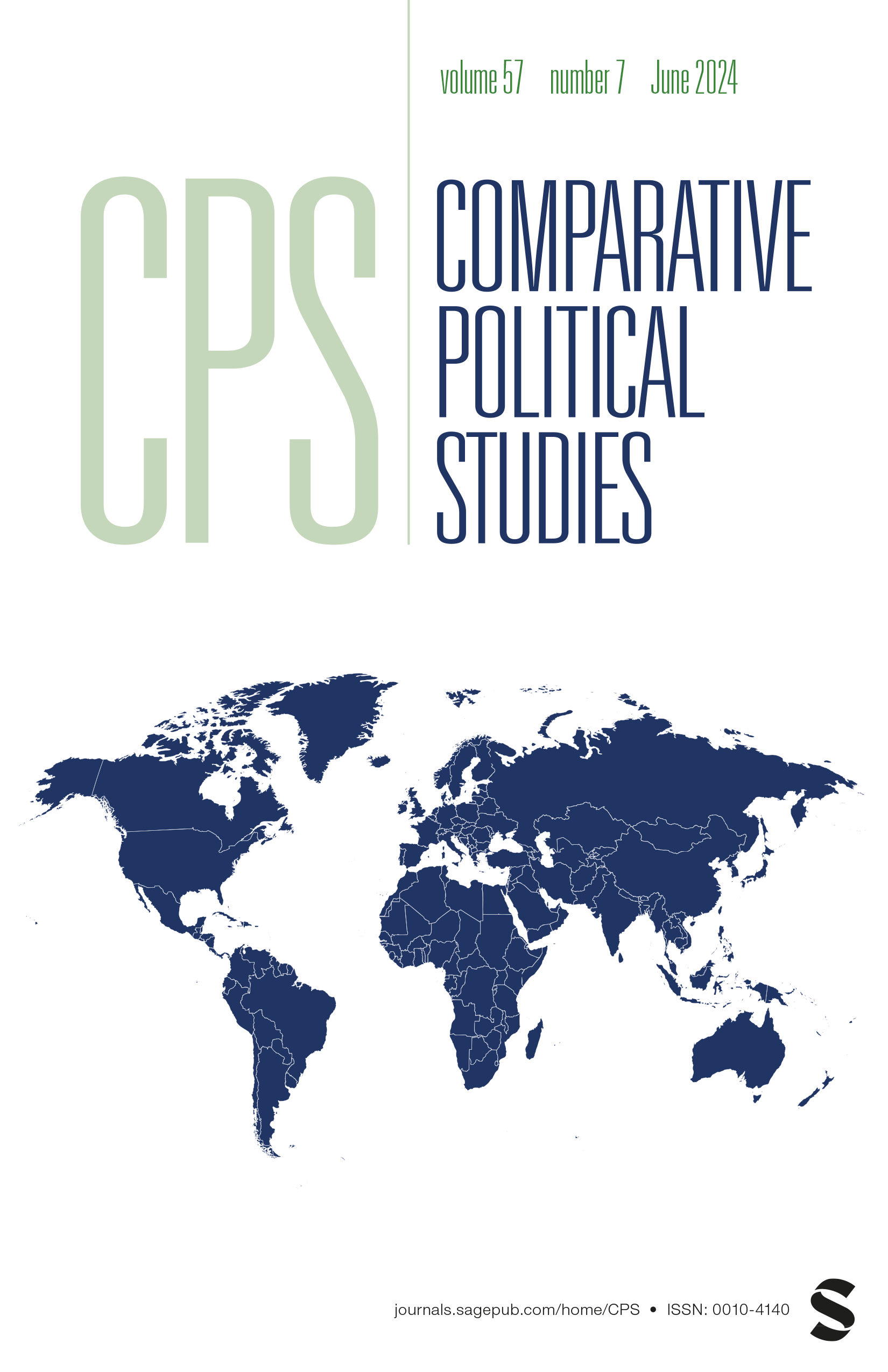Stronger Challengers can Cause More (or Less) Conflict and Institutional Reform
IF 3.4
1区 社会学
Q1 POLITICAL SCIENCE
引用次数: 0
Abstract
Prominent theories propose that commitment problems drive phenomena such as war and democratization. However, existing work disagrees about a basic question: how does a challenger’s coercive strength affect prospects for conflict and/or institutional reform? We establish that the relationship depends on how challenger strength affects the average and maximum probability of winning a conflict in a given period (“threat”). We analyze a formal model with a general distribution of threats, and conceptualize challenger strength as affecting this distribution. If the maximum threat is fixed and stronger challengers pose a higher average threat, then weak challengers will rebel (absent reform) during the rare periods they pose a high threat. However, if stronger challengers pose a greater maximum threat, then they are harder to buy off. Applying these insights advances theoretical and empirical debates about democratization.更强大的挑战者可能导致更多(或更少)冲突和制度改革
著名的理论认为,承诺问题驱动了战争和民主化等现象。然而,现有的研究在一个基本问题上存在分歧:挑战者的强制力量如何影响冲突和/或制度改革的前景?我们建立了这种关系取决于挑战者实力如何影响在给定时期(“威胁”)赢得冲突的平均和最大概率。我们分析了一个具有一般威胁分布的正式模型,并将挑战者强度概念化为影响该分布。如果最大威胁是固定的,并且较强的挑战者所构成的平均威胁较高,那么较弱的挑战者将在他们构成高威胁的罕见时期进行反抗(缺乏改革)。然而,如果更强大的挑战者构成更大的最大威胁,那么他们就更难被收买。运用这些见解推进了关于民主化的理论和实证辩论。
本文章由计算机程序翻译,如有差异,请以英文原文为准。
求助全文
约1分钟内获得全文
求助全文
来源期刊

Comparative Political Studies
POLITICAL SCIENCE-
CiteScore
8.40
自引率
4.00%
发文量
69
期刊介绍:
Comparative Political Studies is a journal of social and political science which publishes scholarly work on comparative politics at both the cross-national and intra-national levels. We are particularly interested in articles which have an innovative theoretical argument and are based on sound and original empirical research. We also encourage submissions about comparative methodology, particularly when methodological arguments are closely linked with substantive issues in the field.
 求助内容:
求助内容: 应助结果提醒方式:
应助结果提醒方式:


